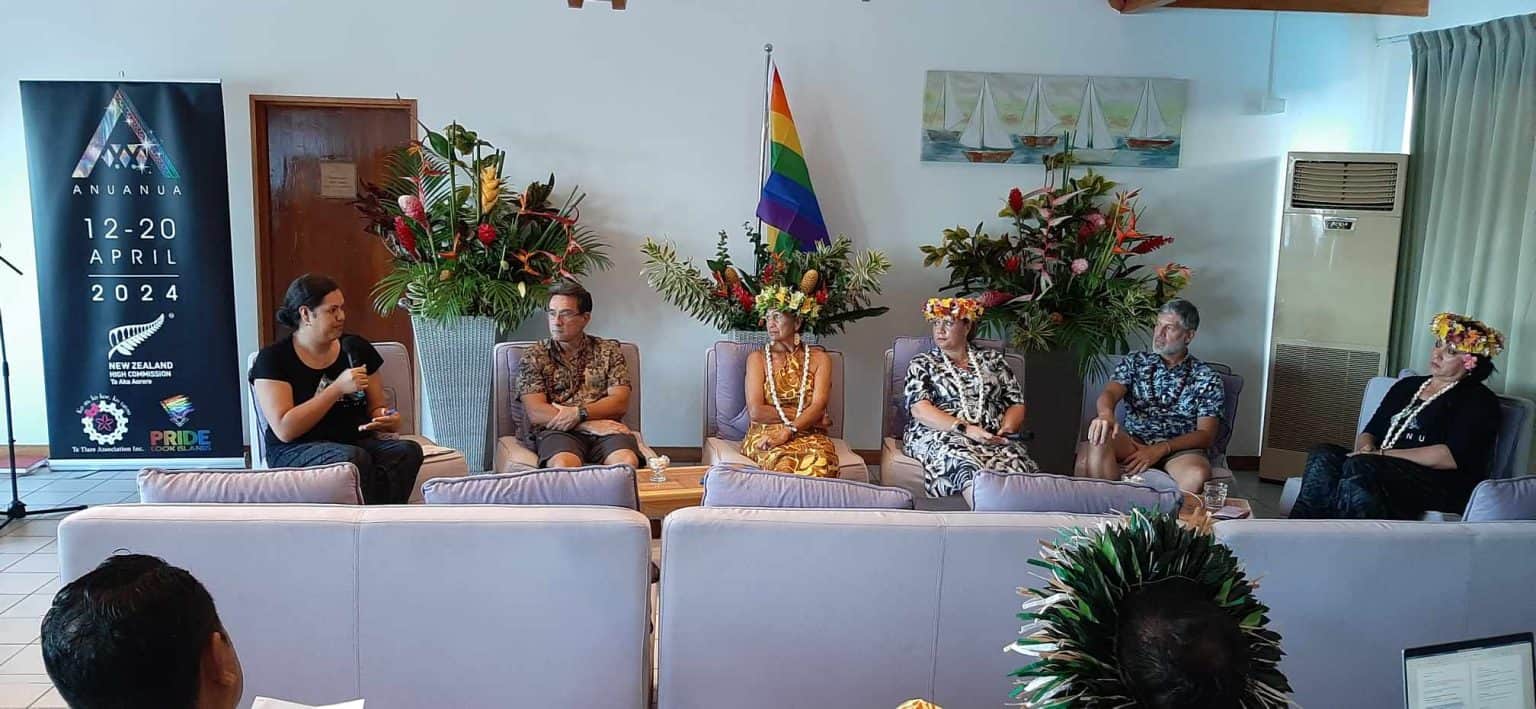A Cook Islands cryptocurrency expert is critical of a proposed law targeting tainted cryptocurrency, arguing it undermines human rights and doesn’t address the real channels of money laundering.
In the rapidly evolving landscape of cryptocurrencies and blockchain technology, the introduction of the 2023 Tainted Cryptocurrency Recovery Bill has become a subject of intense scrutiny.
Ano Tisam, a Cook Islands cryptocurrency expert, has raised serious concerns about its impact on human rights, and privacy.
Tisam is also questioning the due process in drafting of the Tainted Cryptocurrency Recovery Bill, which was tabled in Parliament in December last year, and had been referred to a special select committee.
It has been reported that Drumcliffe, a U.S-based high-value debt collector specialising in international asset seizure, hired two Cook Islands lawyers to draft this legislation which, if approved in present form, could validate hacking into any account or system in the world.
Cook Islands Crown Law Office previously stated they were not consulted and excluded from the drafting of the bill. However, this was denied by one of the lawyers hired to draft the legislation, who claimed they made efforts to consult but were unsuccessful.
From his perspective, Tisam says there are potential implications of the Bill and its impact on an individual’s rights to due process and presumption of innocence.
He is concerned about potential flaws in the legislation that could compromise human rights.
“It’s terrible,” says Tisam. “They say it is good for the people, but there’s nothing good for the people in that it tramples on people’s human rights – ‘innocent before proven guilty’. They could freeze your assets… and you would have to go to court.
“And if it’s guilty until proven innocent, which is what they are proposing, the local guy won’t have the money to go to court and fight it.”
Tisam says the Bill doesn’t make any sense.
“This doesn’t affect us, we’re at the end of the terrorism crypto chain…”
Tisam argues that if the Bill is really about money laundering and terrorism financing, then the focus should shift to the “opaque” operations of banks, not cryptocurrencies.
He says most local retail crypto investors operate on public blockchains such as Bitcoin and Ethereum, and “it would be silly to launder or finance terrorism using that way”.
Instead, Tisam believes that the Cook Islands should actively promote this new industry – cryptocurrency.
He adds that there are two major technologies emerging in the future – cryptocurrency and AI (artificial intelligence) – “and we want to be in that space”.
Cryptocurrencies get their name from the cryptographic techniques that let people spend them securely without the need for a central government or bank.
While the Tainted Cryptocurrency Recovery Bill includes several measures aimed at addressing these concerns, such as establishing a Cryptocurrency Restitution Tribunal and provisions for judicial review, Tisam argues that the effectiveness of these safeguards in practice will be crucial in determining whether they adequately protect Cook Islanders’ civil liberties.
“The key point is the advice for the legislative construct requires expert advice as decisions made will impact future Cook Islands prospects in the crypto.”
The Parliament Select Committee sat on Friday, April 12, to hear material expert advice and evidence from submitters, including witnesses summoned to take questions regarding the submissions received for committee consideration.
Six hearing sessions were held consisting of 17 witnesses and submitters.
The committee has received 16 submissions regarding the Bill.
